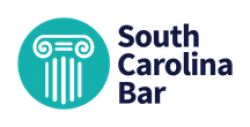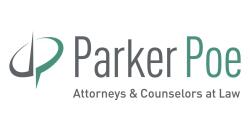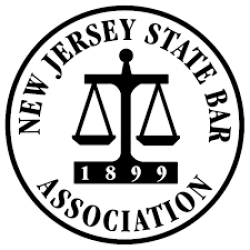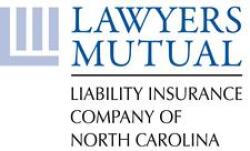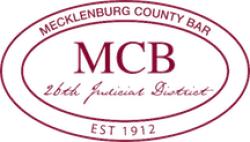PARTICIPANT PRAISE FOR "ILLUMINATION OF BIAS"
"Loved the concept that you can’t really eliminate your biases, but that illuminating and acknowledging them can go a long way towards healing the problem. It takes a lot of pressure off and allows us to be human, with our weaknesses, while encouraging us to be mindful of our biases and actions."
"I specifically liked the helpful tools outline and suggestions in dealing with identifying bias and how to cope with improving the overall situation. The [movie] clips… were a good prelude to the discussion that followed and helped get the points across."
As featured on:

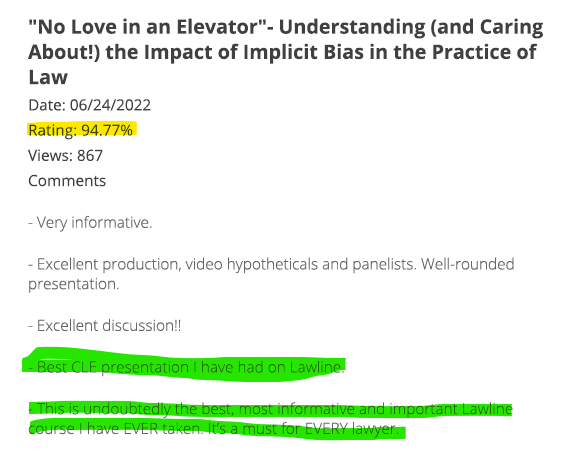
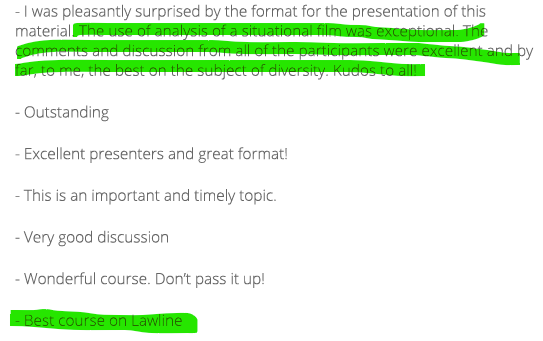
Our foray into the tricky territory of bias, diversity, and inclusion began in 2012 when the Oregon State Bar asked us to present a program to fulfill that state's "elimination of bias" CLE credit requirement. At the time, we were not sure sure anyone would understand what the concept of "implicit bias" was, let alone want to sit around and discuss the topic for three hours. But we were captivated by the challenge of putting a different kind of spin on yet another frequently maligned and underappreciated topic.
And so the program "Accidental Racists... and Other Elephants in the Room" was born. Little did we know the impact that program would grow to have, both on us, as well as the hundreds of participants who have attended this workshop across North America. We were grateful to find that the ReelTime format and approach to tackling difficult but important issues was a good fit for this one as well.
Over the last decade, we have partnered with several other organizations to create a full suite of DEIB programs of varying length, depth, and focus, as it is far too intractable and complex an issue for a one-size-fits-all approach. And once again, folks who attend our programs on these topics find the experience to be quite different from what they may have expected or attended before.
For starters, we don't come in with statistics, platitudes, guilt trips, or exhortations to simply remember how important it is for organizations to be diverse. Those kinds of presentations may have their place, but based on our backgrounds in adult education, law, and counseling we focus on the human emotional and relational dynamics of cross-cultural interactions. And we are committed to helping folks dive deeper into the complexities of the situations they face on a regular basis, and brainstorm together about the real obstacles to meaningful and sustainable change. Or principal aim is to stir up authentic conversations, often using one of the 3 original short films we wrote and co-produced for that very purpose.
Also key to our approach is that we don't come in with an agenda to make anyone feel bad about themsleves. To the contrary, we do our utmost to make folks feel more at ease wading into these tricky waters, beginning with the acknowledgment that we all have a great deal to learn from one another--and from people unlike ourselves--when it comes to navigating cultural differences.
There seems to be something powerful about knowing that one is not completely alone in feeling quite uncertain about how to productively guard against the impact of implicit biases in the workplace. So we are committed to leveraging the power of courageous conversations to cultivate genuine alliances and accountability relationships that increase the odds of catalyzing lasting change.
And we don't pretend to have all the answers about how to devlop genuine inclusion in an organization of any size. But what we do know is how to ask the right questions, so as to spark these uncomfortable but nevertheless productive conversations. From asking those questions, we have learned a tremendous amount from our participants, which we then subsequently pass on to other future audiences, in an effort to multiply and replicate the "bright spots" of meaningful change efforts that have actually worked.
Using our three original films, and our suite of programs on these topics, we have seen firsthand, across the U.S.A. amd Canada, how authentic conversations can bring about real change--on both an individual and an institutional level. And we have been thrilled with the feedback and response as we have expanded these efforts beyond the legal realm, and look forward to continuing to learn and grow as we do.
CONTACT US NOW TO FIND OUT HOW WE CAN CATALYZE MEANINGFUL CHANGE IN YOUR ORGANIZATION.
